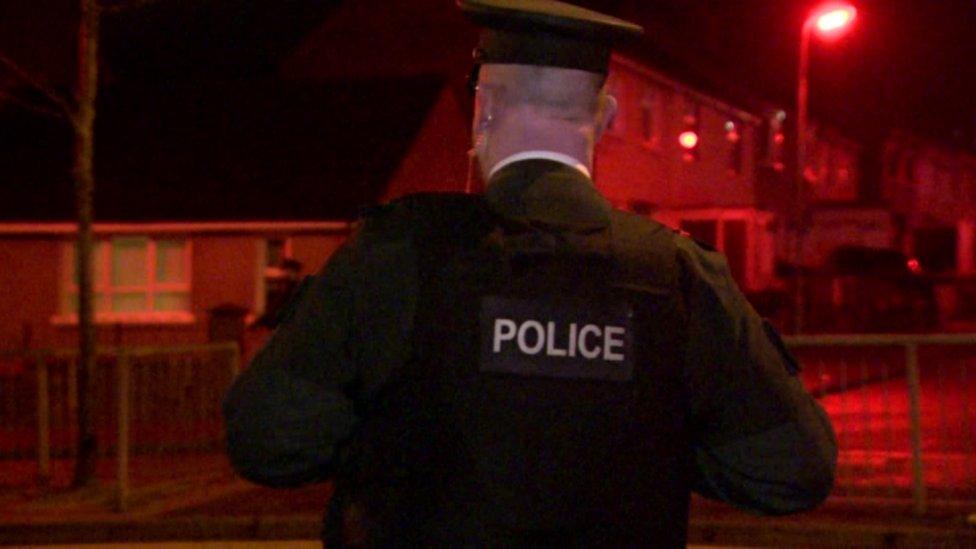Paramilitaries 'exploiting political vacuum'
- Published
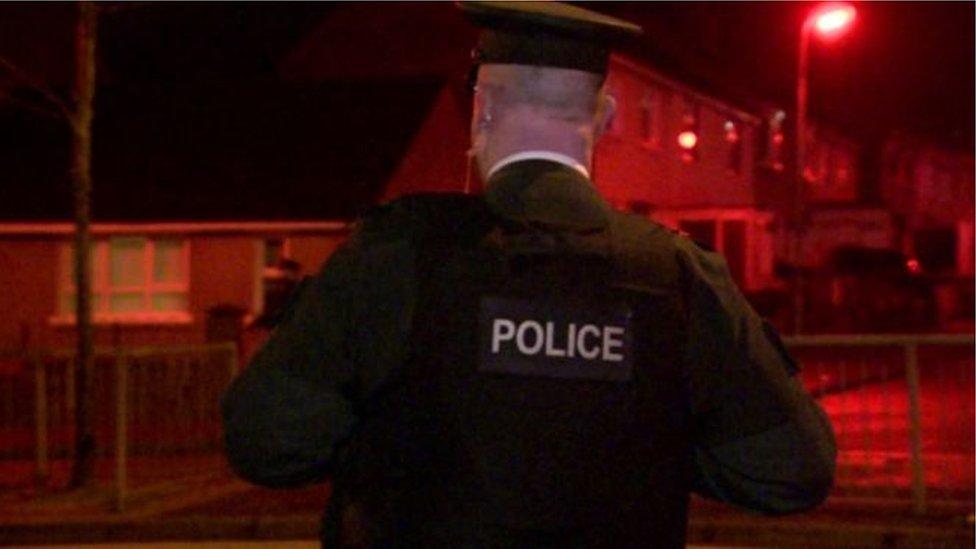
Increasing paramilitary attacks are "directly related" to Northern Ireland being without a government, a community worker has claimed.
Paul Smyth, who works with young victims of such attacks, said paramilitaries were "exploiting a political vacuum".
There were 30% more paramilitary attacks between January and June this year than in the same period last year.
Police said they were working exceptionally hard to counter the rise.
They said that between January and June this year there were 62 paramilitary attacks, compared to 45 in the same period in 2016. That equates to a 30.55% increase.
In total in the year 2016/2017 there were 94 such attacks.
In July last year, the Northern Ireland Executive put forward a £50m plan to tackle paramilitary activity as a response to an independent panel's report.
But devolved government broke down in January 2017.
'Baseball bats'
Mr Smyth told the BBC's Talkback programme: "There has to be a better way to deal with our problems than by dragging a young person down an alley and beating them half to death with baseball bats or shooting them in the knees.
"There is no evidence that these types of attacks work and we know of a number of young people who have been attacked and go on to take their own lives.
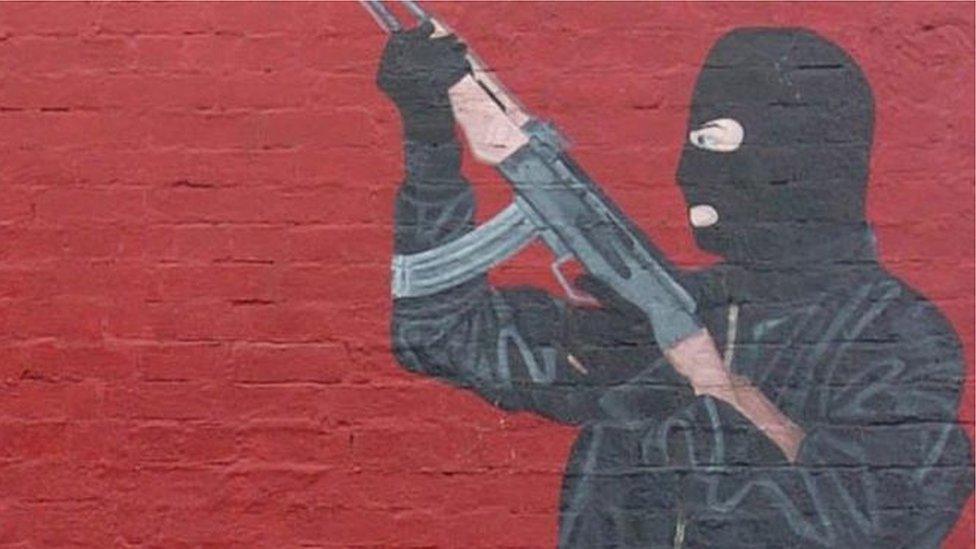
"Their injuries may not be life threatening, but they are life changing."
Former Progressive Unionist Party (PUP) leader, Brian Ervine, said there was a "problem with confidence in policing".
He said: "I believe that the police should be the authority, but there are some areas where they are not the authority, the paramilitaries are."
Det Chief Supt Tim Mairs said there remained "a lot of problems" with confidence in policing.
He said: "As a police officer I am deeply frustrated and angry that these numbers keep increasing, we want to get more people charged and before the courts.
'Point the finger'
"Let's be clear, the people who are responsible are those who think they have the authority to torture and abuse people, especially the most vulnerable.
"But when you hear about people willingly turning up to accept a so-called punishment it really feels like there's a level of coercion and acceptance.
"We know that some of these groups do this because they believe they have community consent."
Keith McCaugherty, who is a community worker in the Turf Lodge area of Belfast, agreed: "No young person is going to come forward after being shot and point the finger.
"This is a legacy of the conflict here, it has become very accepted.
"We should call it what it is - it's child violence, it's murder."
- Published18 May 2017
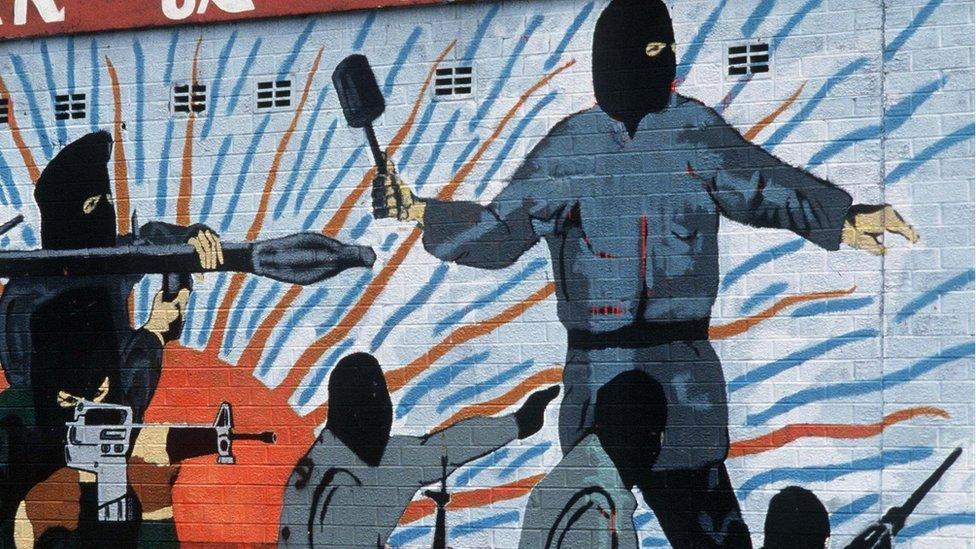
- Published28 February 2017
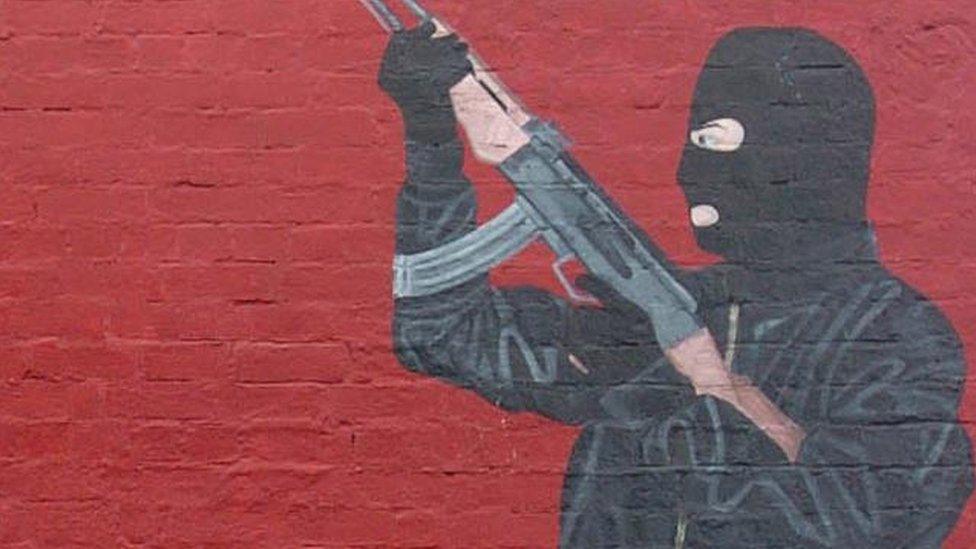
- Published18 January 2017
